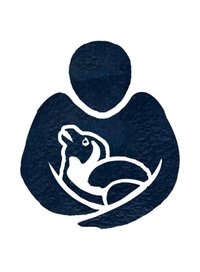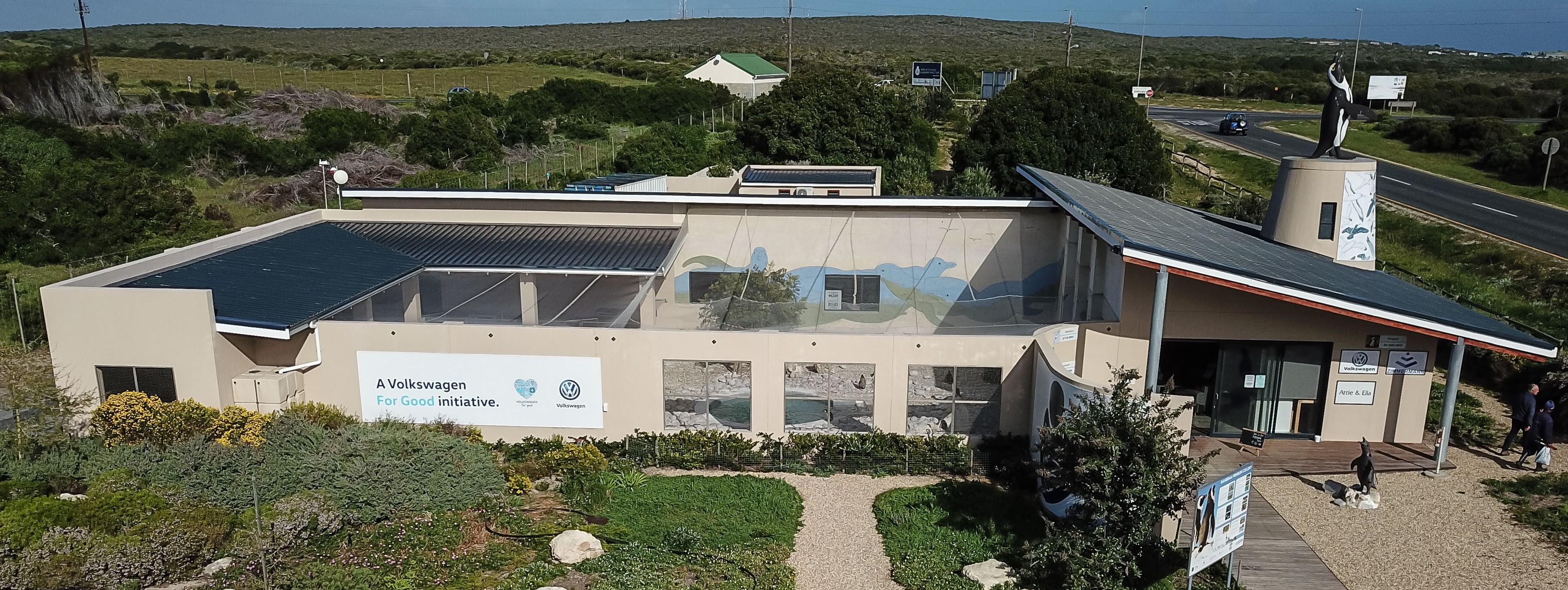Sea Turtle Hatching - Contact APSS
What you need to do if you find a turtle hatchling.
 African Penguin & Seabird Sanctuary
African Penguin & Seabird Sanctuary


The African Penguin & Seabird Sanctuary is a key conservation project of the Dyer Island Conservation Trust, registered as a non-profit organisation since 2006.
Since its opening in 2015, the African Penguin & Seabird Sanctuary has welcomed local visitors, school groups and international tourists so as to share knowledge that will lead to the continued conservation and rehabilitation of African penguins and other seabirds.
Read more about the Dyer Island Conservation Trust, here.
The African Penguin & Seabird Sanctuary’s vision statement is as follows:
The African Penguin & Seabird Sanctuary provides temporary care to abandoned, injured, diseased and oiled marine birds, with a special focus on the endangered African Penguin. By hosting tourists and school groups, the sanctuary educates visitors about African penguins and other vulnerable seabirds.
Coming across a penguin on the beach or rocks outside a colony is usually cause for concern.
Call the African Penguin & Seabird Sanctuary Rescue Line on:
The African Penguin & Seabird Sanctuary is proud to be part of the Turtle Stranding Network and will ensure any turtle in need reaches Two Oceans Aquarium.
Every year, thousands of loggerhead and leatherback sea turtles hatch on the beaches of northern KwaZulu-Natal. They then head out to sea and are carried southward by the warm Agulhas Current. Facing high levels of predation and strong currents, many hatchlings find themselves off the Cape's south coast. Stunned by the cold, weak and often injured, many inevitably wash up and are stranded on Overstrand beaches. Sea turtles, being temperate-water animals, don’t fare well in the icy Cape waters and it is crucial that they get help as quickly as possible.
What to do if you find a stranded sea turtle
Coming across a sea turtle on the beach or in the shallows is cause for concern and a quick response time is imperative for survival.
Please remember, like humans, sea turtles breathe air and if a turtle can’t lift its head out of the water or is covered by a towel, sand or a closed container, it will suffocate.
The African Penguin and Seabird Sanctuary Rescue Line can be notified about turtle and any other marine animal strandings and they will pass the information on to the network.
Call: